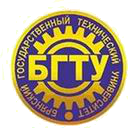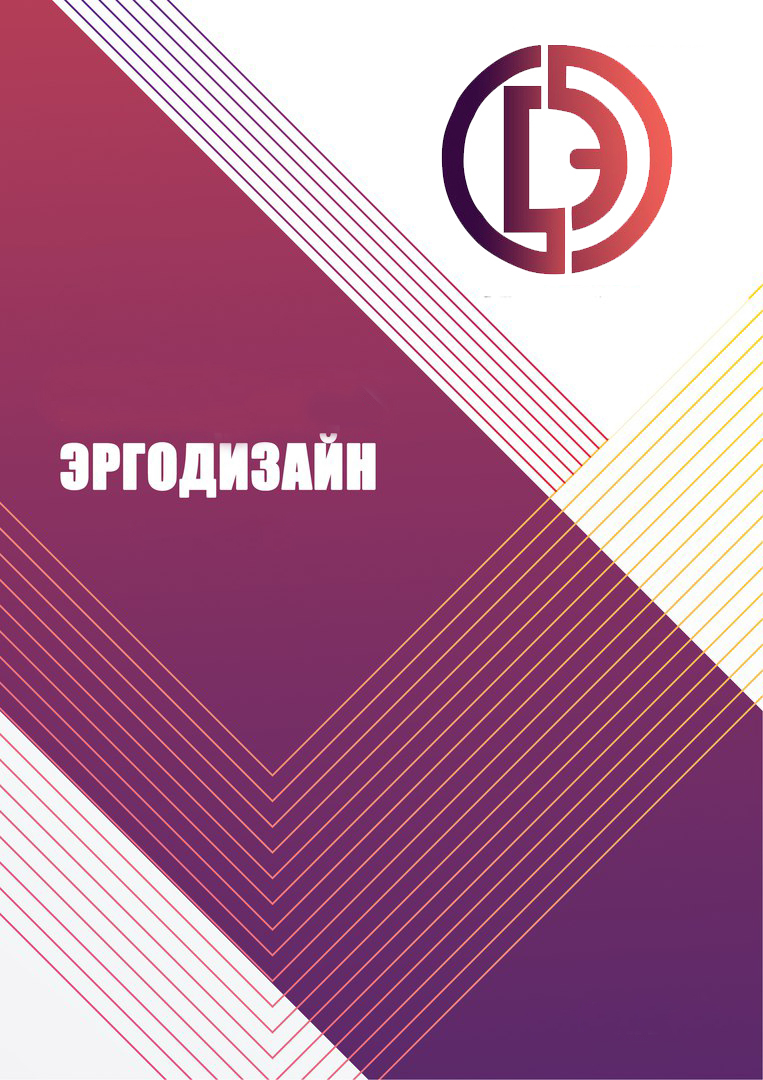Moscow, Moscow, Russian Federation
The aim of the article is to identify limitations in the created and constantly changing approach to assessing the science eficiency, based on ratings and points given to a researcher, with a logical justification for a different approach, which is reduced to creating “a scientific product”. The problem of measuring the science effectiveness and evaluating scientific results is certainly broader, and it is connected with the existing system of statistical accounting, namely data that do not allow people, for example, to reliably estimate even the “knowledge economy” size as a sector or a highly productive workplace, as the level of manufacturability. If the methods for measuring these parameters are extremely imperfect, then in relation to science and scientific activity, the situation looks even more ambiguous, since the type of activity itself is extremely heterogeneous, and the so-called breakthrough results appear discretely, moreover, often even unexpectedly for the scholars themselves. The research methodology is presented by comparative analysis, approaches from the general theory of economic measurements. The main result comes down to the fact that, in the current mode, the researcher’s activity cannot be assessed by some points scored, but, in the author's opinion, it should be measured by the result of what scientific product is created by the researcher, taking into account weighting coefficients for scientific work experience and current contribution in accordance with the carried out researches. A scientific product is the content of scientific achievements; it suggests assessing the scientist's work at a high salary, reflecting the qualifications and work experience, as well as evaluating the current contribution. The system of remuneration for a scientist should be simple and understandable, fundamental science should become a part of the public sector of Russia, for which the tariff and qualification scale in terms of organizing remuneration is quite applicable. The main task of science is to develop its own apparatus of cognition and to solve urgent problems by scientific methods, as the necessity for settling them is high. To this end, it will be necessary to strengthen the position of the RAS, placing it within the framework of the public sector together with its institutes, restoring the coordinating function of the RAS governing bodies.
science, institutional reform, a researcher’s work assessment, rating-point approach, scientific product, fundamental and applied research
1. Kleiner, G. B. Forming a Knowledge Society in Russia: socio-economic aspects / G. B. Kleiner // Social Sciences and Modernity. - 2005. - no. 3. - pp. 56-69.
2. Makarov, V. L. Contours of the Knowledge Economy / V. L. Makarov // The Economist, 2003. - no. 3 - pp. 3-15.
3. Milner, B. Z. Knowledge Management in the Modern Economy. Report / B. Z. Milner. - M .: IE RAN, 2008. - 88 p.
4. Sukharev, O. S. Education and Science of Russia: the Destructive Formalism of Reforms and Speculation on Innovations / O. S. Sukharev // Bulletin in Defense of Science / edited by Acad. E. P. Kruglyakova. - 2009. - no. 6. - pp. 99-104.
5. Sukharev, O. S. Some Imperatives of Russia's Economic Leadership: The Development of Science / O. S. Sukharev. Sukharev // Economics. Taxes. Law. - 2019. - no. 3. - pp. 25-36.
6. Sukharev, O. S. Knowledge Economy: Prospects for a Technological Breakthrough // Economics. Taxes. Law. - 2020. - vol. 13, no. 2. - pp. 16-33.
7. Sukharev, O. S. Transformation of Higher Education: Overcoming the Conflict of Competencies and Fundamentality / O. S. Sukharev, V. V. Spasennikov // Ergodesign. - 2020. - no. 3 (09). - pp. 107-119. DOI: 10.30987 / 2658-4026-2020-3-107-119.
8. Sukharev, O. S. Institutional Problems of the Russian Science Development and the Possibilities of Their Overcom-ing / O. S. Sukharev // Investments in Russia, 2021. - no 2. - pp. 3-14.
9. Acosta, M. The Production of Academic Technological Knowledge: an Exploration at the Research Group Level / M. Acosta, D. Cornado, M. D. Leon et al. // Journal of the Know-ledge Economy, 2020. - vol. 11. - pp. 1003-1025.
10. Caputo, F. Reflecting upon knowledge management studies: insights from systems thinking F. Caputo // Interna-tional Journal of Knowledge Management Studies, 2017. - vol. 8(3-4). - pp. 177-190
11. Costa, E. Information, knowledge and collaboration management in the internationalisation of SMEs: A systematic literature review / E. Costa, A. Soares, J. Pinho de Sousa // International Journal of Information Management. - Volume 36. - Issue 4. - 2016. - P. 557-569.
12. García-Vega, M. The role of international and domes-tic R&D outsourcing for enterprise innovation / M. Garcia-Vega, E. Huergo // Journal of Economic Behavior & Organi-zation, 2019. - vol.157. - pp. 775-792.
13. Li, X. R&D based knowledge capital and future enter-prise growth: Evidence from China’s Growth Enterprise Mar-ket enterprises / X. Li, K. Hou // Economic Modelling, 2019. - vol. 83. - pp. 287-298.
14. Mêgnigbêto, E. Correlation Between Transmission Power and Some Indicators Used to Measure the Knowledge- Based Economy: Case of Six OECD Countries / E. Mêgnigbêto // J Knowl Econ, 2018. - vol.9. - pp. 1168-1183.
15. Porrini, P. Information and Knowledge, Organizational / P. Porrini, W. Starbuck // International Encyclopedia of the Social & Behavioral Sciences (Second Edition). - 2015. - pp. 72-76.












